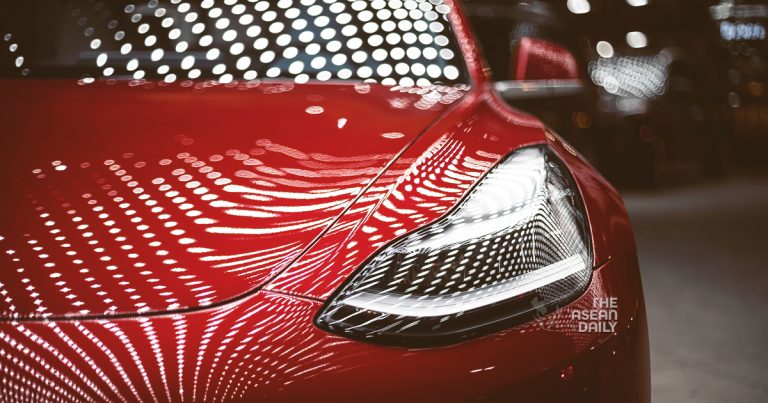18-8-2023 (FLORIDA) Engineers from Tesla revealed in recently disclosed testimony that the company failed to address limitations in its Autopilot system following a fatal crash in Florida in 2016. The testimony, which has come to light in a lawsuit over a similar fatal collision in 2019, indicates that Tesla made no changes to its driver-assistance technology to account for crossing traffic during the nearly three-year period between the two accidents. The revelations have intensified legal pressure on Tesla and its CEO, Elon Musk, who are facing scrutiny from consumers, investors, regulators, and federal prosecutors questioning the company’s claims about self-driving capabilities.
Multiple investigations by the National Highway Traffic Safety Administration (NHTSA) are currently underway regarding potential defects in Tesla’s Autopilot system, which have been linked to at least 17 deaths since June 2021. The upcoming trial in October will be the first for the company involving a death attributed to Autopilot. The trial will present a clash between Musk’s repeated assertions that Tesla vehicles are the safest on the road and technology experts expected to testify that the company’s marketing has misled drivers into a false sense of security.
Notably, Musk was exempted from being questioned in the case by a Florida judge last year. However, excerpts from a 2020 deposition of Tesla’s former director of Autopilot software, Christopher “CJ” Moore, indicate that Musk is heavily involved in the product’s development and decision-making processes. Tesla’s lawyers have not yet responded to requests for comment.
Tesla maintains that it has been transparent about the limitations of its Autopilot system, including challenges in detecting crossing traffic. The company’s owner’s manual and car screens explicitly state that drivers must remain alert and ready to take control of the vehicle at any time. Earlier this year, Tesla successfully defended itself in its first trial related to a non-fatal Autopilot crash in Los Angeles.
The upcoming trial in Palm Beach County, Florida involves a case brought by the family of Jeremy Banner, who died in 2019 when his Model 3 collided with a truck. Engineers from Tesla, including Chris Payne and Nicklas Gustafsson, testified that Autopilot was not designed to detect crossing traffic at the time of the accident. The Banner family has revised their complaint to seek punitive damages, alleging that Tesla engaged in intentional misconduct and gross negligence by selling a vehicle with a defective Autopilot system.
Mary “Missy” Cummings, an expert witness retained by the Banner family, has accused Tesla of intentional misconduct and gross negligence for failing to test and improve Autopilot between the 2016 and 2019 crashes. Cummings, a professor at Duke University and former adviser to the NHTSA, stated in a court filing that Tesla made public statements exaggerating the capabilities of its Autopilot technology.
Following the 2016 crash, Tesla claimed to have made changes to the Autopilot system to improve its ability to detect potential obstacles. The newer version emphasized the use of radar systems for scanning ahead instead of relying solely on camera sensors. An investigation by the National Transportation Safety Board (NTSB) into the 2016 collision recommended that car manufacturers limit the use of semi-autonomous systems to road conditions for which they were specifically designed.
Trey Lytal, a lawyer representing the Banner family, criticized Tesla for allowing the same defect to result in two fatal accidents occurring three years apart. He stated that Tesla was aware of the defect and had been warned by US government regulators that the system should not be used on roads with crossing traffic. Tesla has yet to respond to Lytal’s comments.




